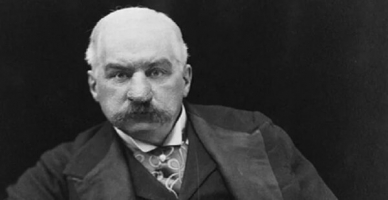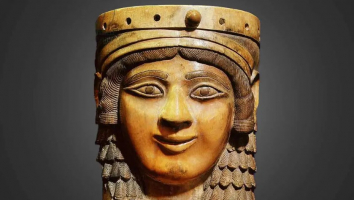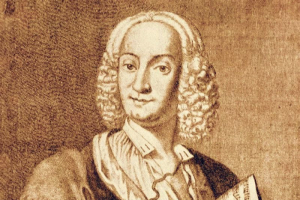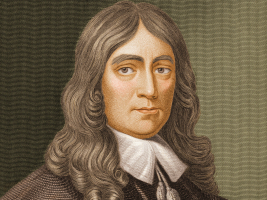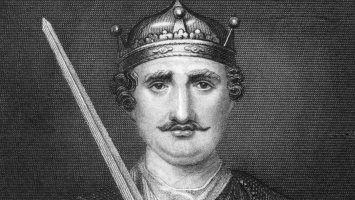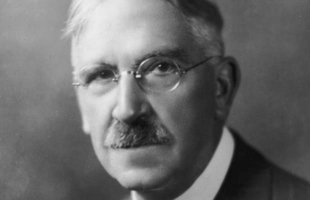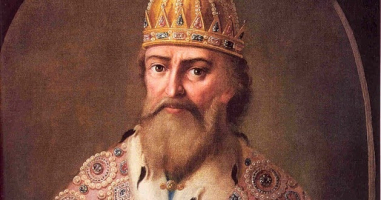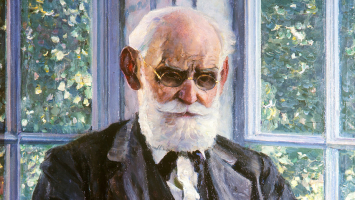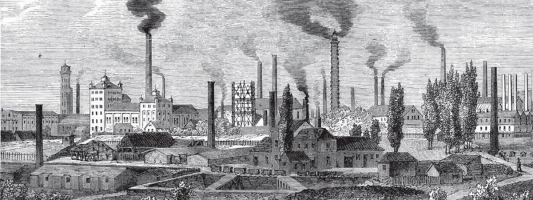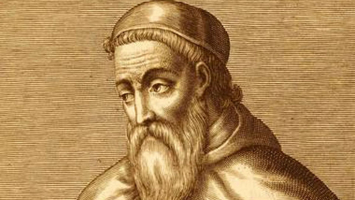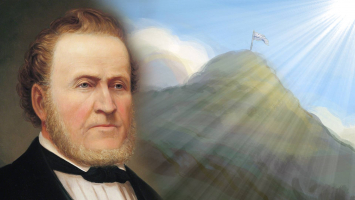Top 6 Interesting Facts About J. R. R. Tolkien
There are interesting facts about J. R. R. Tolkien that you may not know. Please refer to the article below for more information. He will forever be remembered ... read more...as the English writer who created the worlds of The Hobbit and The Lord of The Rings.
-
One of the interesting facts about J. R. R. Tolkien is that as a teenager, he made the invention of languages a hobby. Tolkien first saw Animalic, a constructed language created by his cousins Mary and Marjorie Incledon, while he was a teenager. He was studying Latin and Anglo-Saxon at the time. Animalic quickly lost their interest, but Mary and others among them Tolkien himself created a new, more sophisticated language they dubbed Nevbosh. He will develop his own language, Naffarin, as the next useful tool he uses. Before 1909, Tolkien learned Esperanto. He wrote "The Book of the Foxrook," a sixteen-page notebook that contains "the oldest example of one of the alphabets he devised," around June 10, 1909. Esperanto is the language used in the few texts in this manual.
Tolkien, together with three other pals from King Edward School named Rob Gilson, Geoffrey Bache Smith, and Christopher Wiseman, established the semi-secret organization known as TCBS in 1911. Tea Club and Barrovian Society are the initials, a nod to the tea-loving Barrow's Stores that are covertly located in the school library and nearby. The members kept in touch after they finished school, and in December 1914 they met in London at Wiseman's house to hold a council. This event left Tolkien with a solid commitment to poetry.
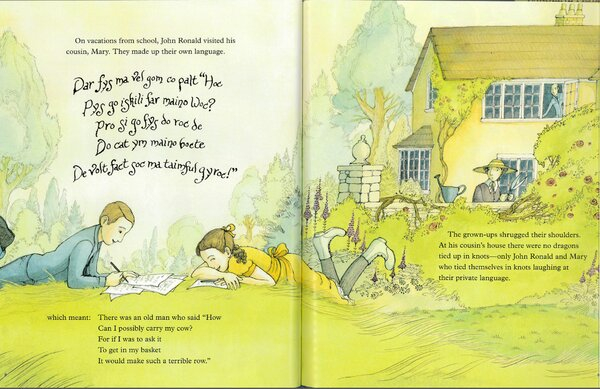
Photo: http://www.carolinemcalisterauthor.com/ 
Photo: https://0.academia-photos.com/ -
When Tolkien and his brother Hilary moved into Edith Mary Bratt's boarding house in Duchess Road, Edgbaston, at the age of 16, she was living there and was three years older than them. Humphrey Carpenter asserts "In Birmingham, Edith and Ronald frequently visited milk tea cafés, particularly one with a balcony facing out onto the pavement. When the sugar bowl was empty, they would proceed to the next table and continue throwing sugar cubes onto people's hats as they passed by.
When two people have personalities and social standing in common, romance is certain to flourish. Both are lonely orphans in need of love, and they realized they might help each other. They decided they were in love in the summer of 1909."
Unfortunately, Father Morgan, Tolkien's severe and rigid guardian, believes that his surrogate son is too young to be in a committed relationship with a woman and has forbidden him from speaking to Edith until he is 21. Tolkien faithfully followed the prohibition and didn't send Edith a letter until the evening of his 21st birthday.
He begs her to marry him, claiming that he has never stopped loving her. Edith retorted that she had agreed to George Field's proposal, the brother of one of her closest schoolmates. However, Edith claims that the only reason she consented to Field's marriage was that she felt "bonded" and started to believe that Tolkien was still drawn to her. She tells how everything has altered as a result of Tolkien's letter. Amazingly, their relationship blossomed into love and they were married a few years later.
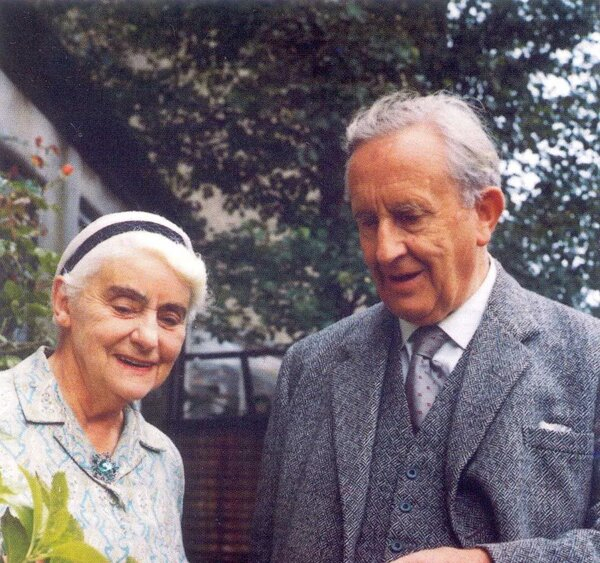
Photo: https://i0.wp.com/ 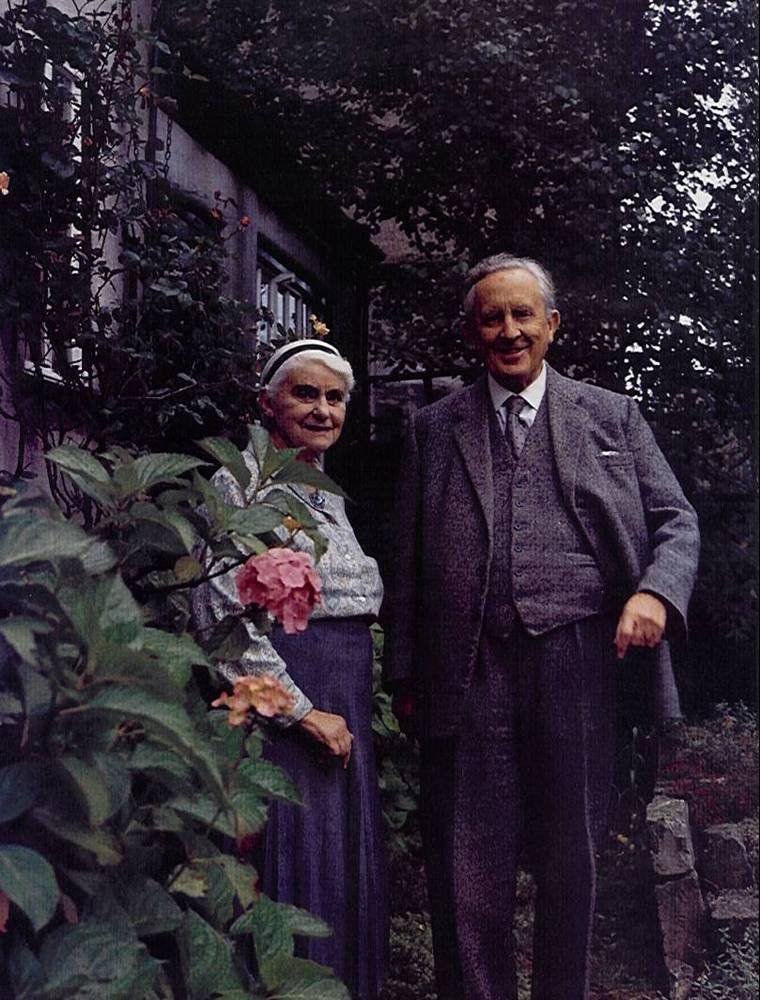
Photo: http://s3.amazonaws.com/ -
JRR Tolkien started working on his academic career after being released from the British Army. He started modernizing Beowulf's Old English into modern English sometime about 1920. The translation was completed in 1926 but was never released. More than 40 years after Tolkien's passing and almost 90 years after it was completed, Christopher, Tolkien's son, made a few last revisions to his father's work before publishing it in 2014.
Tolkien gave a renowned lecture titled "Beowulf: The Monsters and the Critics" ten years after finishing his translation of the poem, and it had a long-lasting impact on Beowulf's studies. Lewis E. Nicholson noted that Tolkien established the priority of the work's poetic nature as opposed to linguistic features in its pure language and that the article was "widely recognized as a turning point in Beowulfian criticism."
Beowulf was criticized at the time for focusing on fantasy fights with monsters rather than real tribal conflict. Tolkien contends that because the author of Beowulf addresses human destiny generally rather than just particular tribal politics, monsters are crucial to the poem's meaning.
Tolkien fiercely defends against reading the sublime components in instances when Beowulf deals with particular tribal strife, such as in Finnsburg. In the essay, Tolkien also expresses his admiration for Beowulf, saying that it is "one of my most valuable sources." His Middle-earth lore reflects this influence throughout.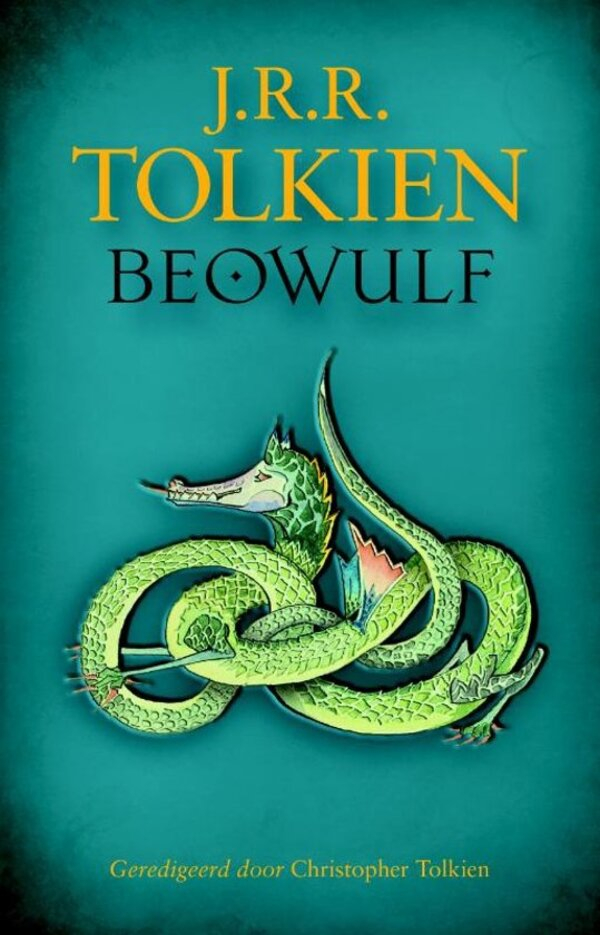
Photo: https://s.s-bol.com/ 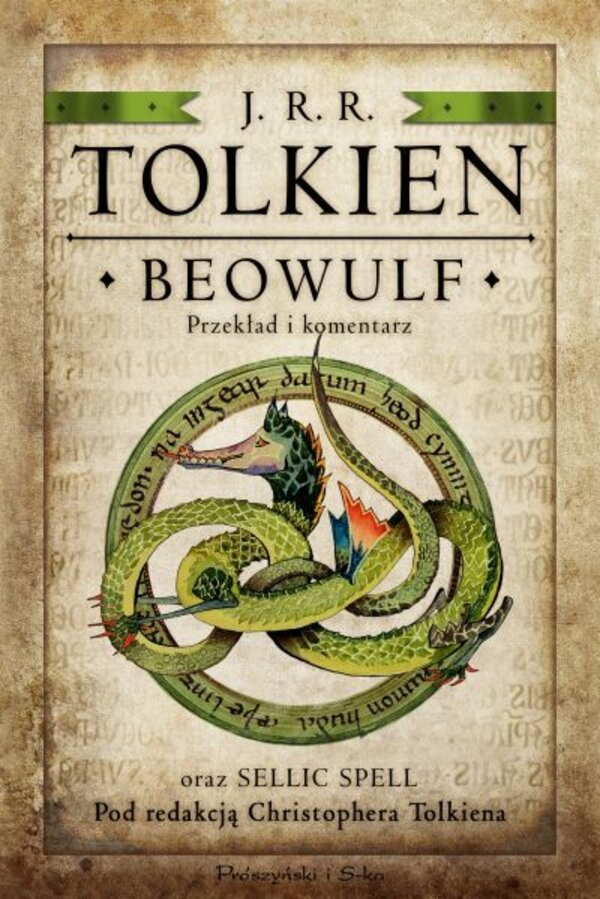
Photo: https://i.pinimg.com/ -
One of the interesting facts about J. R. R. Tolkien is that he was a homeschooler. JRR Tolkien and his younger brother Hilary were homeschooled by their mother Mabel Tolkien up to his early adolescence. Of the two, Ronald worked the hardest and showed a natural gift for both languages and the arts. After her husband Arthur died in 1896, Mabel Tolkien may not have had the money to enroll her two kids in a grammar school.
Mabel Tolkien instructs her two kids at school at home. As he was known in his family, Ronald was a motivated student. She gave him a lot of botany knowledge and sparked his curiosity about how plants feel and appear. The young Tolkien enjoyed drawing trees and landscapes, but his favorite classes were those that focused on languages, and his mother started teaching him the basics of Latin at a young age.
At age 4, Tolkien was able to read, and shortly after, he was also able to write well. His mother gave him plenty of books to read. He finds Lewis Carroll's "Alice Adventures in Wonderland" to be "interesting yet frightening" and dislikes Treasure Island and "The Pied Piper". He enjoys hearing tales about "The Indians." Additionally, Andrew Lang's "Fairy Books" were extremely significant to him, and several of the works that follow clearly reflect their influence. He owns this.
Photo: https://img1.grunge.com/ 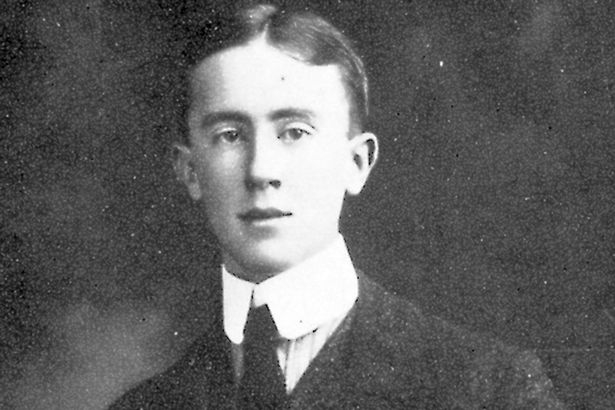
Photo: http://middleearthnews.com/ -
Tolkien created The Hobbit while residing at 20 Northmoor Road in North Oxford and attending Pembroke College. The Hobbit by JRR Tolkien was published in 1937 and became an immediate hit. Children and adults alike were moved by the book, and they began to flood the author with letters of praise and requests for a sequel. He authored the book in his leisure time with the express intention of amusing his kids, so his astonishment at their response was complete.
The Hobbit, a book that Tolkien had written a few years earlier for his children, came out in 1936 and caught the attention of Susan Dagnall, an employee of the George Allen publishing company in London & Unwin, who convinced Tolkien to submit it for publication. Tolkien never expected his stories to become well-known. When it was released a year later, the book drew not only young readers but also adults, and it was so well-liked that publishers begged Tolkien to write a sequel.
Although many other authors had written fantasy books before Tolkien, The Hobbit's enormous success directly contributed to the revival of interest in and definition of the modern fantasy genre. Due to this, many people now consider Tolkien to be the "father" of modern fantasy literature specifically, exquisite fantasy fiction.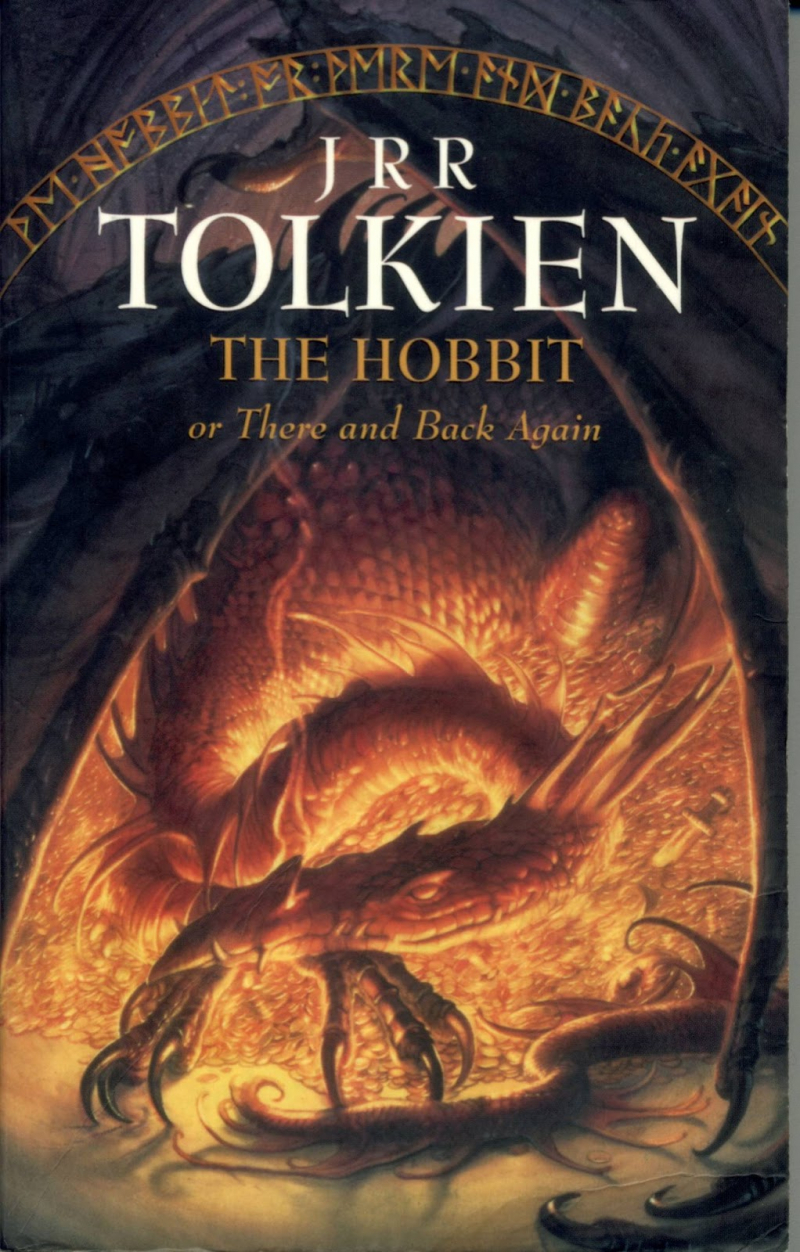
Photo: http://4.bp.blogspot.com/ 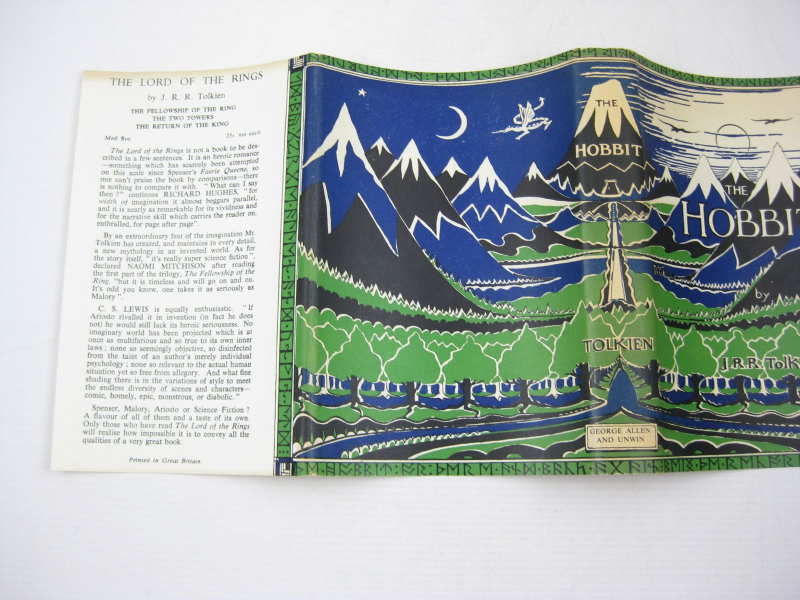
Photo: https://stellabooks.com/ -
One of the interesting facts about J. R. R. Tolkien is that he was nominated for the Nobel Prize in Literature by his friend CS Lewis. Lewis was inspired by Tolkien's literature to suggest him for this prestigious award even though the two authors aren't familiar with each other's work. From 1959 until his passing in 1973, Tolkien was retired and enjoyed a rising literary reputation and public acclaim. Even his buddy CS Lewis put him forward for the Nobel Prize for Literature in 1961. He wished he had chosen to retire earlier because of how well his books were selling. He expressed disappointment in becoming such a cult figure in a letter from 1972, but he also acknowledged that "even the nose of a very humble idol cannot be fully seduced by the sweet aroma!"
Tolkien eventually moved with Edith to Bournemouth, which was then a sponsored seaside resort, after the fan interest got so great that he had to remove his phone number from the public directory by the affluent class of Britain. They found it simpler to fit into polite society because Tolkien rose to fame as a best-selling novelist.
Tolkien was not selected for the award by the Nobel committee, which stated that his writing was "in no way deemed to be storytelling of the highest caliber." Millions of readers would argue the opposite.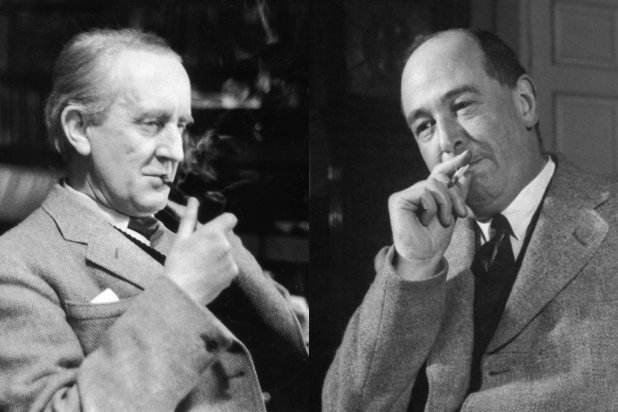
Photo: https://christianitymalaysia.com/ 
Photo: https://www.stlmag.com/








